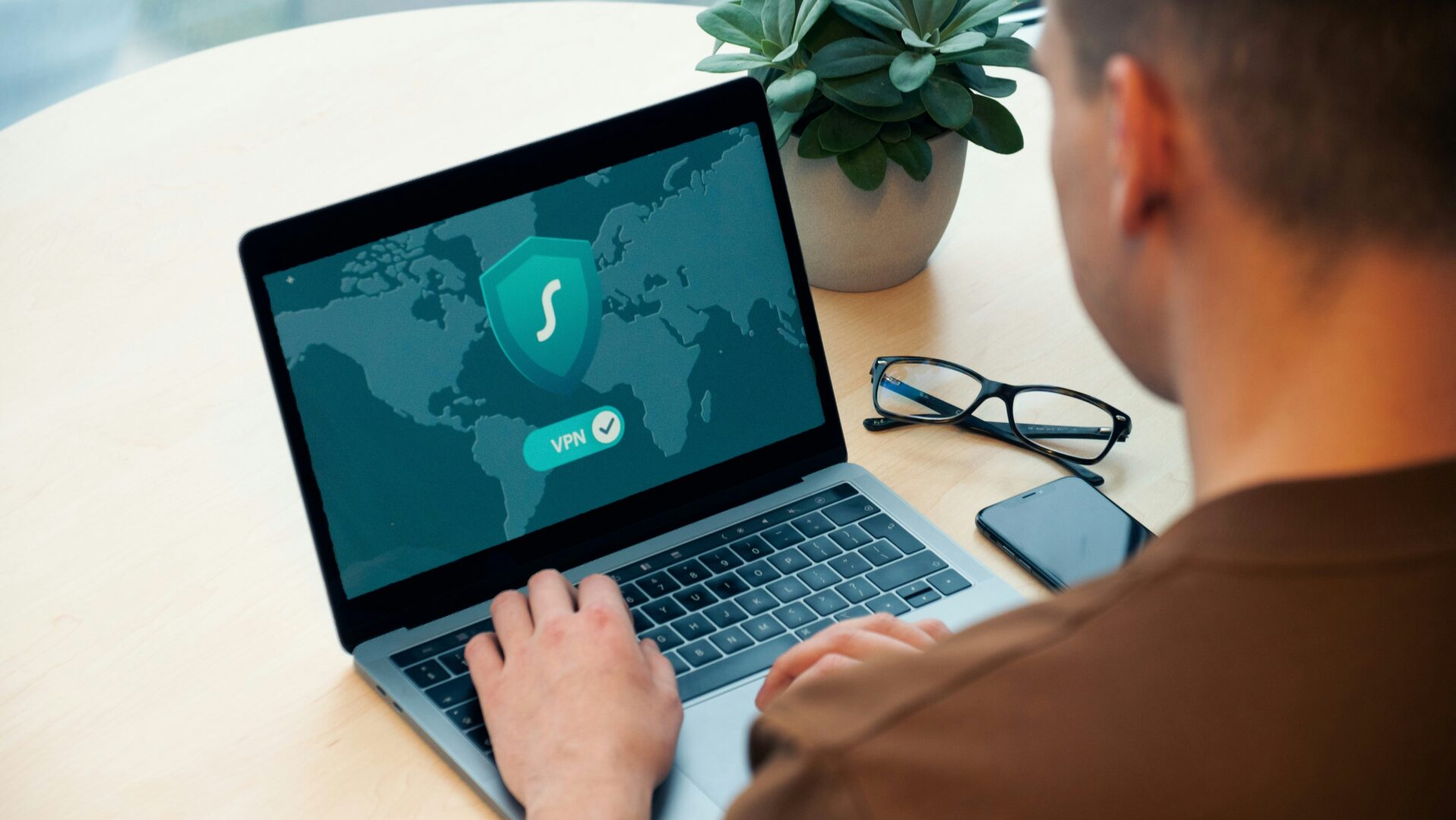Many have been wondering whether VPNs are still allowed to be used. The short answer is that VPNs are legal in the UK and that hasn’t changed. The government has said repeatedly it does not plan to ban them. But with the Online Safety Act now in force, how people use VPNs is under closer watch, especially when it comes to children.
Peter Kyle, the Technology Secretary, said recently that the government is “looking very closely” at how VPNs are being used. But when asked if a ban was coming, he told the BBC, “It’s not on the cards.” Instead, he urged people to think twice before using VPNs to bypass age checks. “Verifying your age keeps children safe,” he said.
That hasn’t stopped people from downloading VPNs in large numbers. Since the new rules kicked in, usage has jumped. People are using them to get around the new age gates that now block access to adult content.
Compare VPNs With TechRound
| Name | Price | Offer | Claim Deal |
|---|---|---|---|
Surfshark | £1.69 per month | 30-day money-back guarantee + 3 months extra | Get Deal >> |
| CyberGhost | £1.99 per month | 45-day money-back guarantee | Get Deal >> |
| Private Internet Access | £2.19 per month | 30-day money-back guarantee | Get Deal >> |
Why Has VPN Use Gone Up?
Under the Online Safety Act, websites that show adult content are meant to check user ages. That means if someone wants to visit a site with adult content or material that has to do with eating disorders, suicide or self-harm, they need to prove they’re over 18, by doing things like uploading ID, doing a credit card check, or using a facial scan.
This is to stop kids from being exposed to content that could cause real harm. Ofcom says 16% of teens have seen content that promotes disordered eating in just the past month. Children as young as eight have viewed pornography online.
Some adults aren’t keen on the checks…Others don’t trust the companies collecting their data. James Baker from the Open Rights Group said, “Age assurance has been done badly and there is no trust to hand some providers their details.” He added that using a VPN helps protect people in case one of these systems leaks their data.
That feeling of mistrust has led to a huge rise in VPN downloads and pushed people to look for other tools too.
More from News
- Cat Food Brand Fuzzball Celebrates Winning The Largest Prize In E-Commerce History
- What Is Truth Social, And Who Uses It?
- Google Cloud And Plexal Partner To Help Security Startups
- SpyCloud Enhances Investigations Solution With AI-Powered Insights
- Is Trump Creating An AI-Powered Search Engine?
- HostBreach Offers Free Cyber Snapshot For CMMC Compliance
- Is Recruitment In The UK Picking Up Again?
- How Can Tech Help Cut Electricity Bills In The UK?
What Happens If VPNs Are Promoted To Children?
There’s a difference between using a VPN and pushing it on kids. The law is that platforms must stop children from finding ways around safety checks. That means they can’t promote or recommend VPNs or similar tools to young users. If they do, they face penalties.
Ofcom, the regulator, expects platforms to stop children from getting direct messages from strangers or being pushed towards content that encourages workarounds. That includes content that promotes VPNs.
If a company promotes VPNs to UK children, it could face big fines of up to 10% of its global turnover or £18 million, whichever is more.
The Department for Science, Innovation and Technology says platforms must use safe, privacy-conscious ways to check users’ ages. Some of these checks don’t even need to store your image or personal details. But if a site fails to follow the rules or misuses people’s data, it could face serious penalties.
Who Else Is Using VPNs?
A POLITICO review of parliamentary spending found that MPs, including senior ministers, have paid for VPNs using public money. Business Secretary Jonathan Reynolds, for instance, expensed a NordVPN subscription in 2024.
VPNs are used a lot by politicians because they deal with sensitive data, travel often, and sometimes connect to unsecured networks. Marijus Briedis from NordVPN said this kind of protection helps stop hackers or state-backed groups from tracking officials.
Are People Switching To Other Tools?
VPNs are getting more popular, so some people and companies are turning to proxies. These can also mask your location and access geo-locked content, but they operate differently and face fewer limits.
The infrastructure company Decodo says proxy use in the UK is up 65%. Proxy traffic has gone up 88%. CEO Vytautas Savickas said people are choosing tools based on what works, not what’s popular. “Companies are getting smarter,” he said. “They’re picking what works better with region-specific restrictions.”

